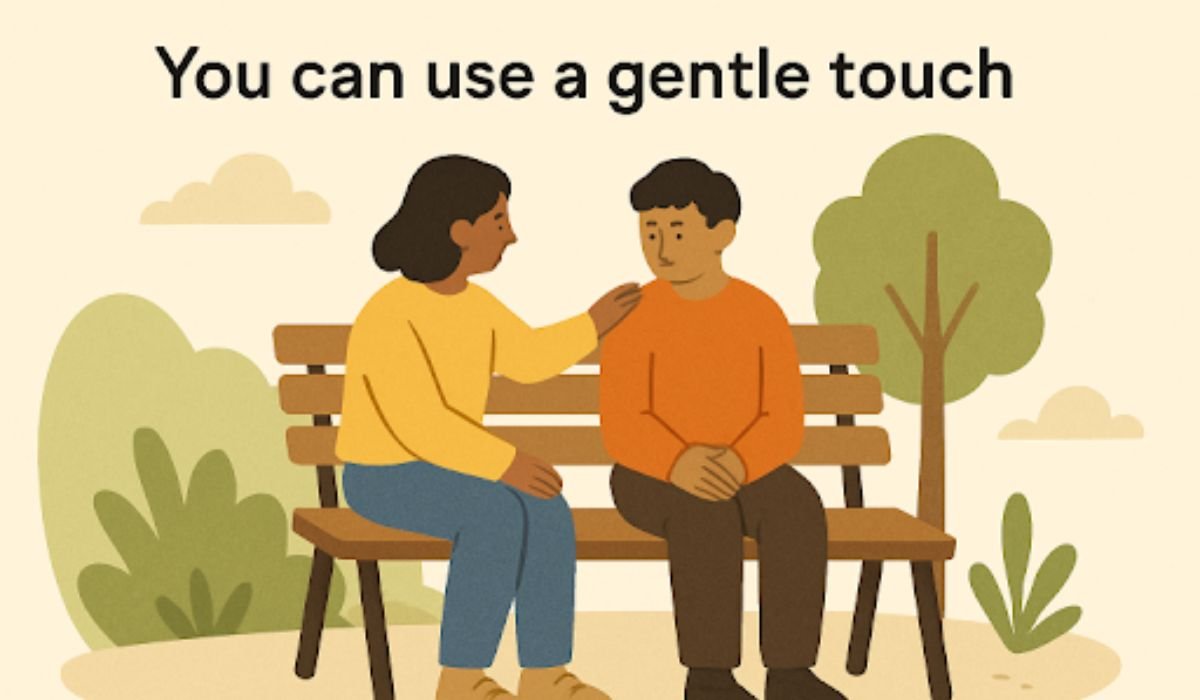In today’s fast-paced and ever-changing world, maintaining mental health is essential. Maintaining sound mental health is essential to live an equilibrated and fulfilling life. Mental health refers to your emotional, psychological, and social well-being. It affects how one thinks, feels, and behaves. Improving mental health increases one’s ability to cope with daily stressors, build resilience against various adversities, and maintain positive relationships with loved ones. Here are the 10 strategies that enhance your mental well-being:
1. Cultivate a Positive Mindset
The first factor is your mental state, and you can begin to shift this mindset by focusing on the good things in life. Cultivate gratitude as a daily practice by dwelling on things you are grateful for. Understanding behavioral health vs mental health can help you learn how your thoughts and behavior patterns actually interact to impact your general well-being. This shift can combat negative thoughts and foster joy and contentment.
2. Stay Physically Active
Physical activities have been known to have profound effects on mental health. Exercise is proven to increase endorphins, the natural mood elevators that one needs to maintain a positive mood. Find a physical activity you enjoy, whether it’s walking, practicing yoga, swimming, or dancing. Engage in an activity you find fun and do it for as long as you can. Exercise improves physical health, enhances cognitive performance, and reduces stress. In addition, regular physical activity can also promote good sleep quality, so resting and recharging will not be a problem. This also helps in developing self-esteem and feelings of accomplishment over time, furthering mental well-being.
3. Prioritize Sleep
Sleeping through a good night is essential to psychological wellness. Lack of sleep could lead to mood swings and irritability, as well as decreased cognitive performance. A healthy sleep routine will be established by going to bed at the same time every night, creating a calm, preparatory ritual before sleep, and ensuring that your sleep environment is quiet and comfortable. Limiting screen time before bedtime and avoiding caffeine consumption in the late evening would also help boost the quality of your sleep. Additionally, relaxation practices such as deep breathing or simple stretches can prepare the body for restful sleep.
4. Practice Mindfulness and Meditation
Mindfulness is when the focus is on being there at present, focusing on thought patterns, feelings, and all physical sensations without a shred of judgment. One becomes better without stress, focus is increased, and emotions level up in the mind of people with the help of meditation even in minute numbers a day on mindfulness or meditation. Regular mindfulness practice can also help you become more emotionally resilient and more attuned to your reactions. Through time, this can develop into better decision-making, healthier relationships, and an overall sense of well-being.
5. Nurture Relationships
Good relationships with friends, family, and loved ones give you emotional support and a feeling of belonging. Spending time with people who make you feel good and who encourage you can be very good for your mental health. Be open to forming new relationships and nurturing old ones by being an active listener, empathetic, and kind. Sharing experiences and being vulnerable with people you trust can strengthen the bond and create a safe space for mutual support. In addition, finding social activities or community groups can also help you meet like-minded people, further enriching your social circle and overall mental health.
6. Set Realistic Goals
A well-set and achieved realistic goal can give a sense of purpose and accomplishment. Big goals need to be broken down into small, manageable steps. All your small steps should be celebrated so that they promote self-confidence and help you feel in control of your life. You may even use tracking your progress and looking back at what you’ve accomplished to keep moving. Moreover, flexibility with goals and adjustment when needed can help you stay focused and resilient in the face of challenges.
7. Manage Stress Effectively
Stress is a part of life, but it is the thing you do with it that makes a big difference in mental health. Some of the methods that will best help an individual to cope with stress include deep breathing exercises, progressive muscle relaxation, and journaling. Time off work or time away from responsibilities for quality time is important to maintaining equilibrium. Regular de-linking from the pressures of daily life can have your mind reset and rejuvenate, hence giving your attention sharper and emotional clarity. Finally, finding healthy outlets to relieve stress, like pursuing hobbies or spending time in nature, can help maximize your ability to deal with pressure.
8. Embrace Healthy Nutrition
What you eat can make a difference in how you feel. A well-balanced diet with adequate fruits, vegetables, lean proteins, and whole grains can provide both physical and mental wellness. Some foods that contain omega-3 fatty acids are beneficial to brain health and are usually found in fish and nuts. It is also helpful if one does not consume excessive caffeine, sugar, or processed foods that may contribute to mood swings and irritability. In addition, there is hydration by drinking enough water. This will ensure a supply of energy and a focus throughout the day. One can ensure a wide range of nutrients that support brain functions and emotional well-being if one includes a variety of colorful foods in their diet.
9. Engage in Hobbies and Interests
Taking time out to engage in hobbies and activities that give you joy and fill you up is important for good mental health. Whether it is painting, hiking, playing an instrument, or reading, those things help to reduce your stress levels and provide for self-expression. Pursuing passions makes you recharge and rediscover a new sense of purpose. In addition, taking time to do these things can give you a sense of accomplishment and bring more happiness to your life. Engaging in hobbies also develops problem-solving skills and enhances creativity, which is an enhancement of cognitive and emotional well-being.
10. Seek Professional Support When Needed
If you’re facing mental health challenges that seem too overwhelming for you to handle, help from a mental health professional can be important. A therapist or counselor can give you very essential tools and techniques that are useful in the management of stress, enhancement of coping strategies, and overall emotional well-being. There is no shame in asking for help since it is an act of being proactive in maintaining one’s mental health. Professional support can also provide a safe, nonjudgmental space to identify deep issues and work out longer-term solutions. For the most part, therapy will enable you to build more self-awareness and resilience so you might face the challenges of life with more confidence.
FAQs
1. How long does it take to see improvements in mental health after adopting these strategies?
Improvements vary by person, but many start seeing changes within a few weeks, while others may take a few months. Consistency is key for long-term benefits.
2. Can mental health strategies help with managing anxiety and depression?
Yes, strategies like mindfulness and stress management can help with anxiety and depression. However, if symptoms are severe, professional help may be needed.
3. Are there any specific mental health practices for people with busy schedules?
Yes! Quick practices like 5-minute mindfulness, brief physical activity, or short journaling can be effective even with a busy schedule. Consistency is essential for maintaining mental well-being.
Conclusion
Just as you care for your physical health, prioritize your mental health as well. You can develop strength, enhance your emotional well-being, and lead a more effective life by integrating these techniques into your lifestyle. Mental health is not a destination; it is a journey. And just small steps toward improvement might have long-lasting impacts. So be patient and compassionate to yourself while working towards developing a stronger, healthier mind.











